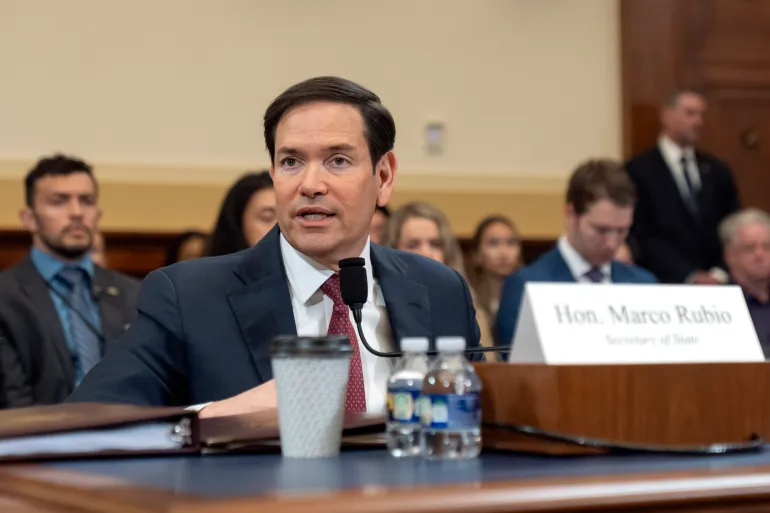SYDNEY, AUSTRALIA — Prime Minister Anthony Albanese has led the Australian Labor Party to a resounding victory in the 2025 federal election, securing a second consecutive three-year term. This achievement marks the first time in two decades that an Australian prime minister has been re-elected for a full term, underscoring a significant shift in the nation’s political landscape.
The Labor Party is projected to win nearly 90 seats in the 150-member House of Representatives, well above the 76 needed for a majority. This landslide victory not only solidifies Albanese’s leadership but also reflects widespread public support for his administration’s policies amid global economic uncertainties.
A Campaign Focused on Domestic Concerns
The election campaign was dominated by pressing domestic issues, notably the rising cost of living, housing affordability, and healthcare. Labor’s platform promised to address these concerns through targeted tax cuts, investments in public services, and initiatives aimed at easing financial pressures on Australian families.
In his victory speech, Albanese emphasized a commitment to “Australian values” and a vision for a fairer, more inclusive society. He stated, “Australians have chosen to face global challenges the Australian way, looking after each other while building for the future.”
Opposition Faces Historic Defeat
The conservative Liberal-National Coalition, led by Peter Dutton, suffered a significant setback, securing only 39 seats—a loss of 20 from the previous election. In a notable development, Dutton lost his own seat of Dickson to Labor candidate Ali France, marking the first time since 2007 that a major party leader has failed to retain their seat.
Dutton conceded defeat and took full responsibility for the party’s poor performance, acknowledging the electorate’s rejection of the Coalition’s platform. Analysts attribute the loss to a combination of unpopular policy proposals and a campaign strategy that failed to resonate with voters concerned about economic stability and social equity.
International Influences and Voter Sentiment
Observers noted that the election results may also reflect broader international political dynamics. Senator James Paterson of the Liberal Party suggested that “the Trump factor” played a role, referencing the influence of former U.S. President Donald Trump on conservative politics globally. The Liberal Party’s alignment with Trump-style policies may have alienated moderate voters seeking pragmatic solutions to domestic issues.
Looking Ahead
With a strengthened mandate, Prime Minister Albanese is poised to advance his administration’s agenda, focusing on economic reform, social justice, and environmental sustainability. Key initiatives include measures to alleviate the cost of living, investments in renewable energy, and efforts to enhance public healthcare and education systems.
The election outcome signifies a renewed confidence in the Labor Party’s vision for Australia’s future, as the nation navigates the complexities of a rapidly changing global landscape.
Source; Al Jazeera



